The Run up to Christmas: The Gift of Staying Active During Winter
At this time of year, the inclination to hibernate indoors can be tempting. It's easy to be lured into the cosy corners of our homes, wrapped in blankets, and indulging in festive treats. However, the winter months offer a unique opportunity to prioritise your health through physical activity, all while infusing the spirit of Christmas into our fitness routines.
Brisk walks or jogging in the crisp air can improve cardiovascular health and help strengthen your immune system, helping you ward off common winter illnesses. Regular exercise helps strengthen the heart muscle, enhance blood circulation, and lower blood pressure. By staying active during winter, you're reducing your risk of heart disease and maintaining a strong and resilient heart.
Gut health is also intricately linked to overall wellbeing. While the winter season might encourage comfort food indulgence, staying active can help maintain a balanced gut microbiome. Exercise has been shown to positively influence gut flora diversity, which in turn supports digestion, nutrient absorption, and immune function. As you venture outside for a winter stroll or engage in indoor workouts, you're nourishing not only your body but also your gut.
Weight management can become a challenge during the holiday season, as festive feasts and treats abound. Regular physical activity can help you burn calories, maintain a healthy weight, and prevent unwanted weight gain. It's not about denying yourself holiday pleasures but rather finding a balance between indulgence and active choices. A combination of aerobic exercises and strength training can keep your metabolism active and support weight management.
Christmas is a time for family and friends to come together, and what better way to do so than by engaging in physical activities? Gather your loved ones for a friendly snowball fight, or family-friendly activity like building snowmen or going for walks to balance out those festive treats. These shared experiences not only keep everyone active but also foster deeper connections and create cherished memories.
The winter months bring with them a host of illnesses, from the common cold to the flu. Regular exercise, combined with proper nutrition, has been linked to improved immune function. Help your body identify and fight off infections more effectively, reducing the likelihood of falling prey to seasonal illnesses. Combine this with the benefits of fresh air and Vitamin D from brief outdoor activities, and you'll be better equipped to enjoy the holiday season to the fullest.
The shorter days and lack of sunlight during winter can sometimes lead to seasonal affective disorder (SAD), a form of depression that occurs during specific times of the year which can impact mood and mental health (read more about SAD on our blog here). Regular physical activity has been proven to release endorphins (natural mood enhancers) or the "feel-good" hormones that can combat feelings of sadness and anxiety. Combine this with the festive cheer of Christmas, and you have a powerful recipe for uplifting your mood and combating the winter blues.
By embracing physical activity during the winter months, you're not only reaping the numerous health benefits but also tapping into the enchanting essence of the holiday season. So, bundle up, lace up those runners, and step into winter wonderland where staying active and celebrating Christmas go hand in hand.

